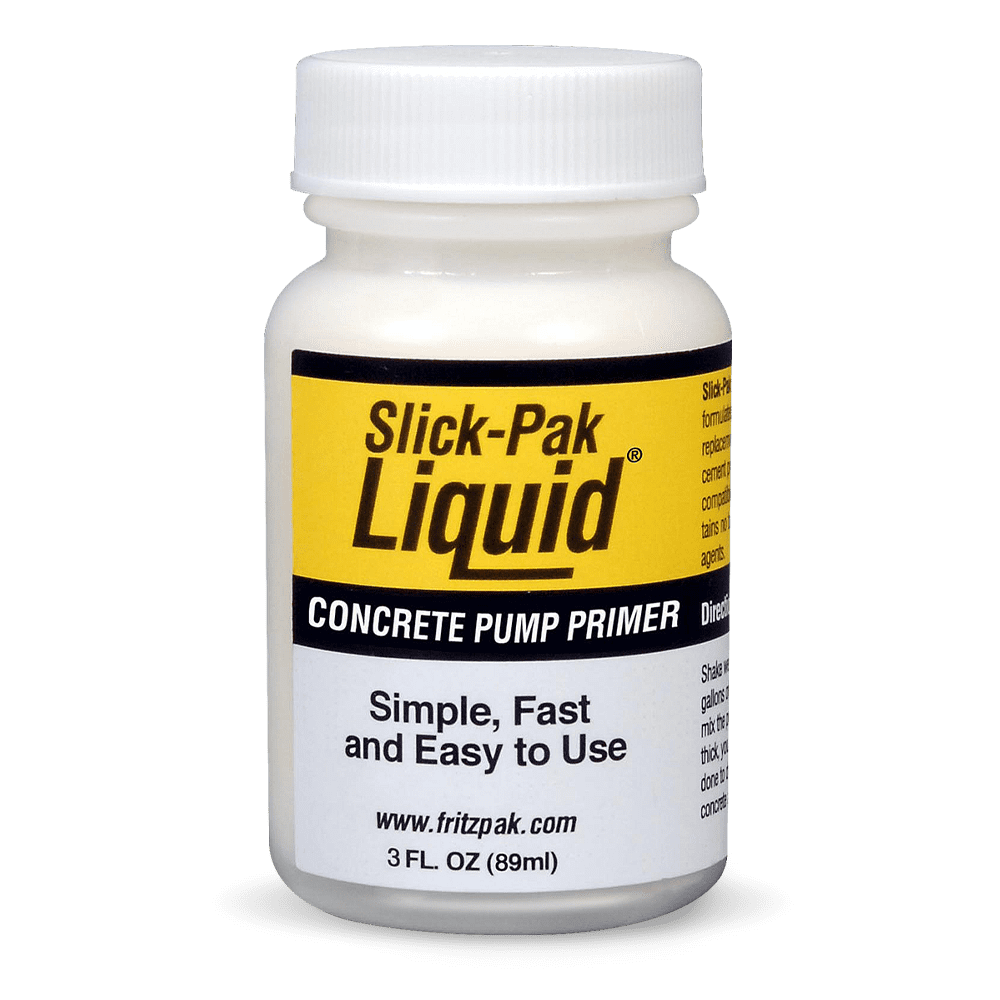| Raymond | 06-10-2009 | comment profile send pm notify |
|
I found this article and thought it would be a good reminder.
With hot temperatures on the rise this summer, knowing how to stay hydrated is crucial.
The human body is made up of 50 percent to 75 percent water, or about 10 to 12 gallons, so staying well hydrated is essential for proper body functioning. The Institute of Medicine recommends that women consume approximately 2.7 liters (91 ounces or 11 cups) of total water from all foods and beverages each day. For men, the recommendations are approximately 3.7 liters (150 ounces or 19 cups) per day. Food usually accounts for 20 percent of your total fluid intake, so if you consume 2 liters of water or other beverages a day (a little more than 8 cups) along with your normal diet, you will typically replace lost fluids. However, you may need to modify your total fluid intake depending your activity level, the climate you live in, your health status, and whether you're pregnant or breast-feeding. For example, the more you exercise, the more fluid you'll need to keep your body hydrated. How do you know if you're getting enough? The simplest way to tell whether you're hydrated is the color of your urine; if it's almost clear, that indicates that you are properly hydrated. Even mild dehydration (as little as a 1 percent or 2 percent loss of your body weight) can zap your energy and make you tired. Common causes of dehydration include strenuous activity, excessive sweating, vomiting and diarrhea. Some typical signs and symptoms to look for include mild to excessive thirst, fatigue, headache, dry mouth, little or no urination, muscle weakness, dizziness, or lightheadedness. Being mildly dehydrated rarely results in complications as long as you replace the fluid your body has lost. However, more severe cases can be life threatening, especially in the very young and the elderly. In extreme situations, fluids or electrolytes may need to be delivered intravenously. What are some alternatives to water to help with hydration? Plain water is best, but all fluids, such as juice, tea, soup and even coffee, can aid in hydration. In addition, some common foods, like fruits and vegetables, are mostly comprised of water. Take a look at the water content of some of the foods listed below:
Consider these tips to help keep you hydrated:
|
||
| Step Brother | 06-11-2009 | reply profile send pm notify |
|
There is a water container called a camel back, has straps like a backpack, never wore one pumping but do all the time now. holds 2 quarts with a pick up straw you hook to your collar. Cost about $60 but well worth it. never need to go find a keg or carry a jug up and down ladders. |
||
| pudg | 06-11-2009 | reply profile send pm notify |
|
Step brother wouldnt this also act as a body cooler if filled with cold water or whatever beverage of choice |
||
| Step Brother | 06-11-2009 | reply profile send pm notify |
|
I never tried cold water in it. It has a rubber lining inside that keeps water from getting hot, but no rubbery taste. My wife says they sell them at outdoor supply stores in 1 qt, 2 qt, and 3 qt. |
||
| Todd | 06-11-2009 | reply profile send pm notify |
|
|
||
| Many | 06-17-2009 | reply profile send pm notify |
|
and true http://www.care2.com/greenliving/13-symptoms-of-chronic-dehydration.html
|
||





















.jpg)
.gif)

.jpg)








.jpg)








